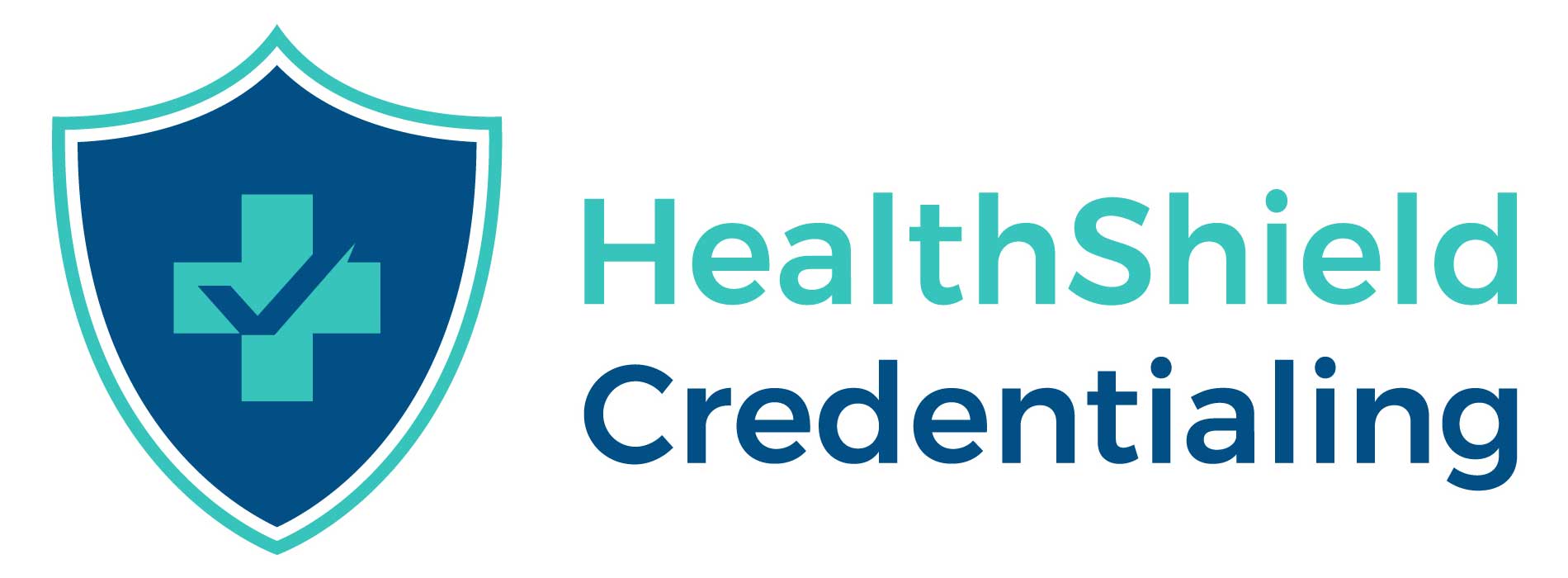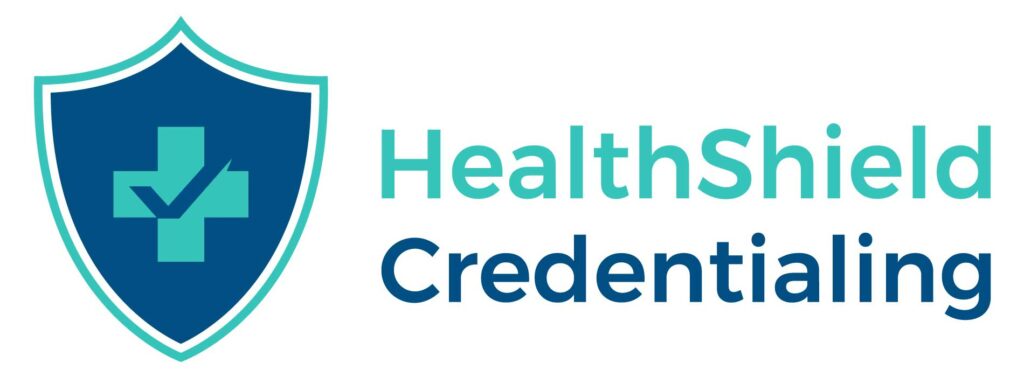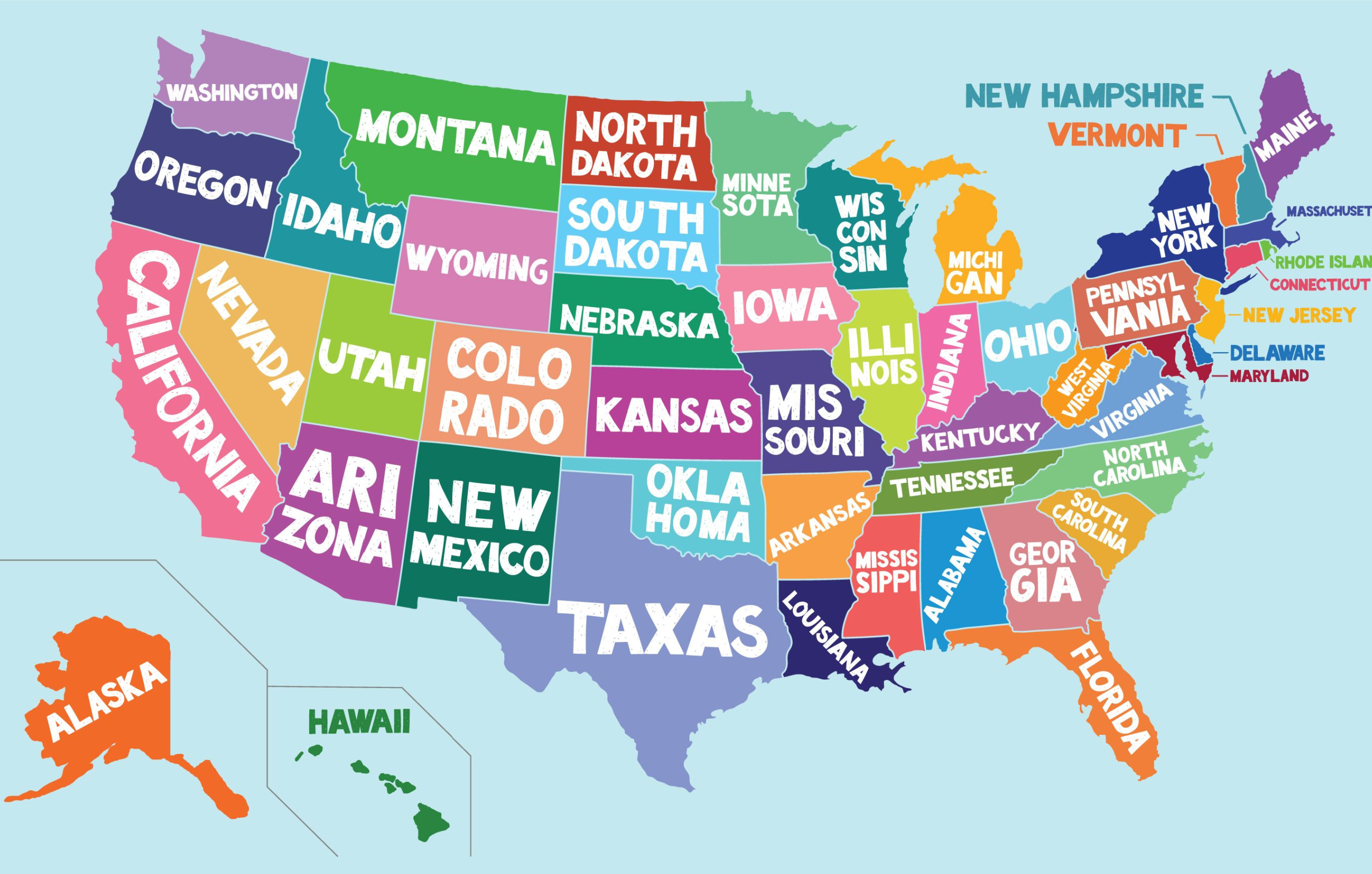The possession of licenses in multiple states presents healthcare professionals, particularly those in locum tenens roles, with several advantages, including:
- Increased Job Opportunities: Healthcare professionals with licenses in multiple states can access a wider array of job opportunities, particularly beneficial for locum tenens providers seeking short-term assignments in different regions.
- Geographic Flexibility: Holding licenses in multiple states offers geographic flexibility, enabling healthcare professionals to explore job opportunities in various locations and gain exposure to diverse healthcare settings, patient populations, and working environments.
- Locum Tenens Opportunities: For locum tenens providers addressing staffing shortages, holding licenses in multiple states is advantageous. It allows them to take on temporary assignments in different locations, addressing the varying needs of healthcare facilities.
- Diverse Clinical Experience: Professionals with licenses in multiple states can acquire a more diverse clinical experience. Working in different regions exposes them to various cases, patient demographics, and healthcare systems, contributing to a well-rounded professional background.
- Career Advancement: Holding licenses in multiple states opens doors to career advancement and specialization, offering opportunities that may not be available in a single location and allowing professionals to tailor their careers to their interests and goals.
- Adaptability to Market Demand: Healthcare demand varies across states and regions. Having licenses in multiple locations enables professionals to adapt to fluctuations in market demand, increasing their employability and job security.
- Personal and Professional Growth: Working in diverse locations provides opportunities for personal and professional growth. Exposure to different healthcare practices, cultural nuances, and patient populations contributes to a more well-rounded and adaptable healthcare professional.
Navigating State-Specific Licensing Requirements:
While the benefits of holding licenses in multiple states are evident, healthcare professionals must stay informed about each state’s licensing requirements and regulations, as they vary significantly across the United States. Important considerations include:
- Education and Training: States have specific educational requirements, and some may require specific courses despite previous education and practice in other states.
- Examinations: Licensing exams may be national or state-specific, with each state having its own licensure requirements outlined in its practice act.
- Clinical Experience: Some states may require a certain amount of clinical experience or residency training for specific healthcare professions.
- Background Checks: Background checks, including criminal background checks and fingerprinting, are typically part of the licensing process.
- Continuing Education: Many states require ongoing education for license renewal, often with specific requirements such as the number of continuing education units (CEUs) or categories.
- Application Process: Each state has its own application process, including specific forms, documentation, and fees.
- State-Specific Regulations: Healthcare regulations vary, including additional certifications or specialized training. Understanding these requirements is crucial to prevent complications and maintain high standards of healthcare.
- Fees: Licensing fees vary between states, and applicants are typically required to pay these fees.
- Reciprocity: Some states offer reciprocity for healthcare professionals licensed elsewhere, simplifying the licensure process.
Staying Updated and Efficient
- Regularly update yourself on changes in requirements through industry resources.
- Optimize efficiency by centralizing license management through a single platform.
Take Home
Healthcare professionals must familiarize themselves with specific licensing requirements for the states they intend to practice in, staying updated with any changes or amendments to regulations.
Resources
- CRNAs: https://www.aana.com/practice/practice-in-your-state/
- Nurses: https://nursinglicensemap.com/states/
- Other Providers: https://scopeofpracticepolicy.org






